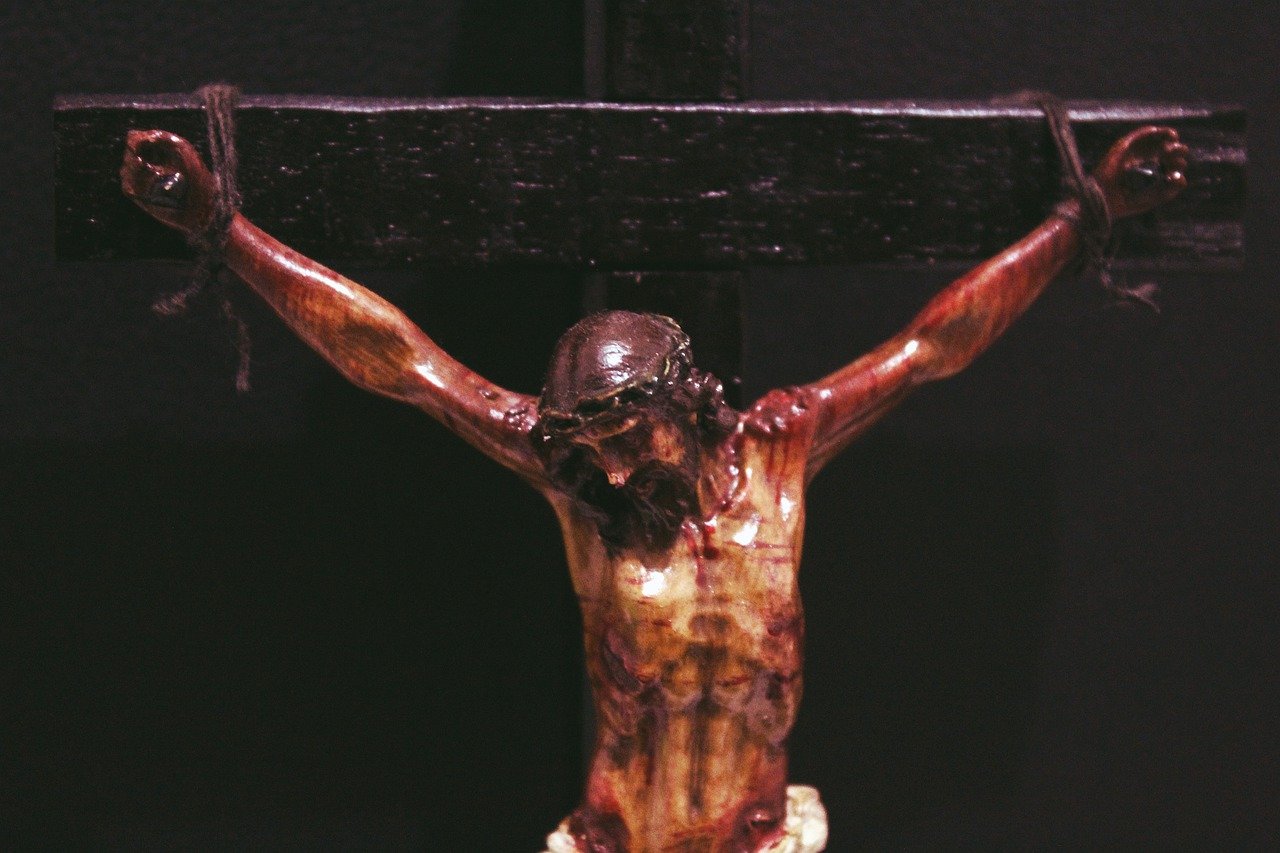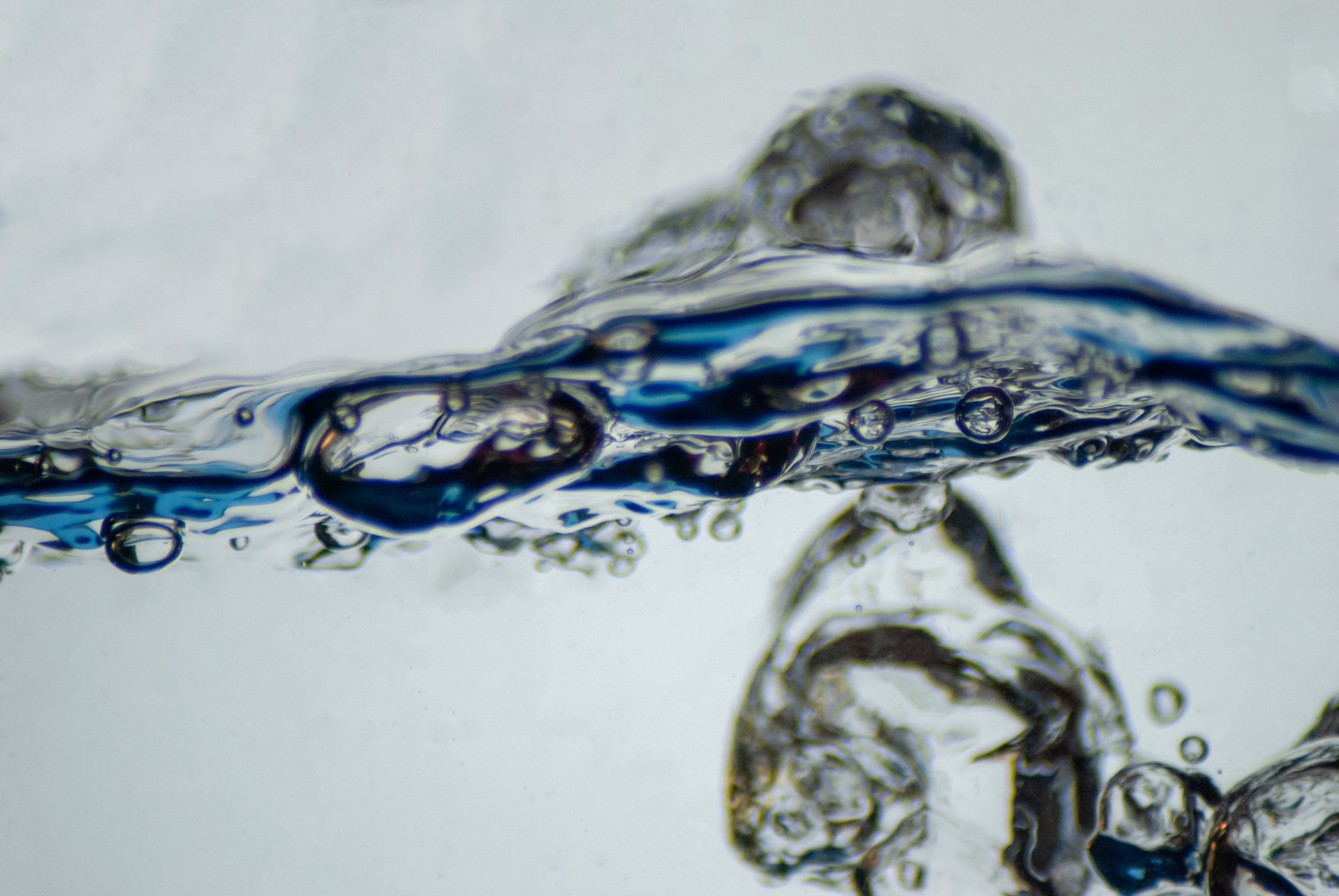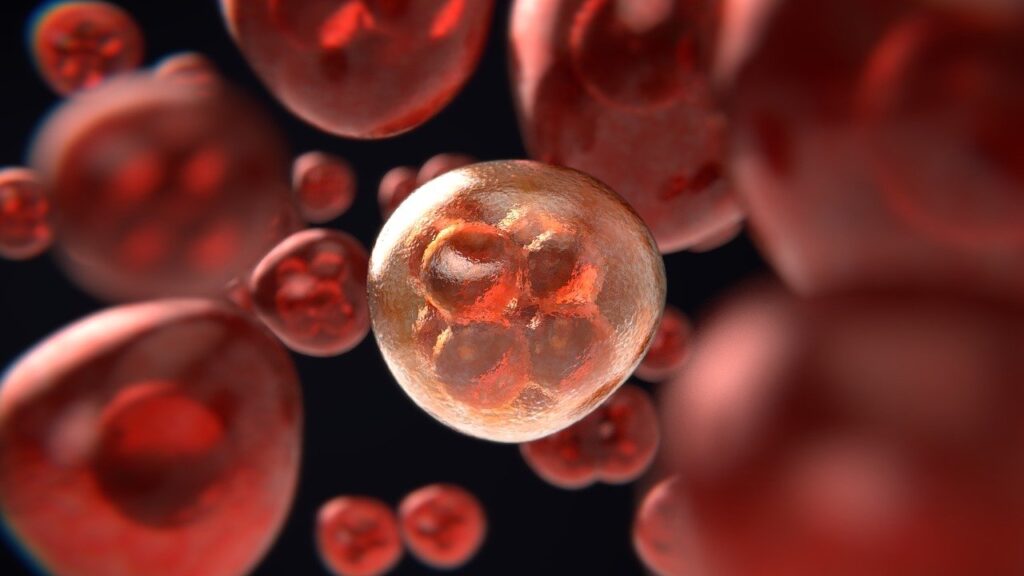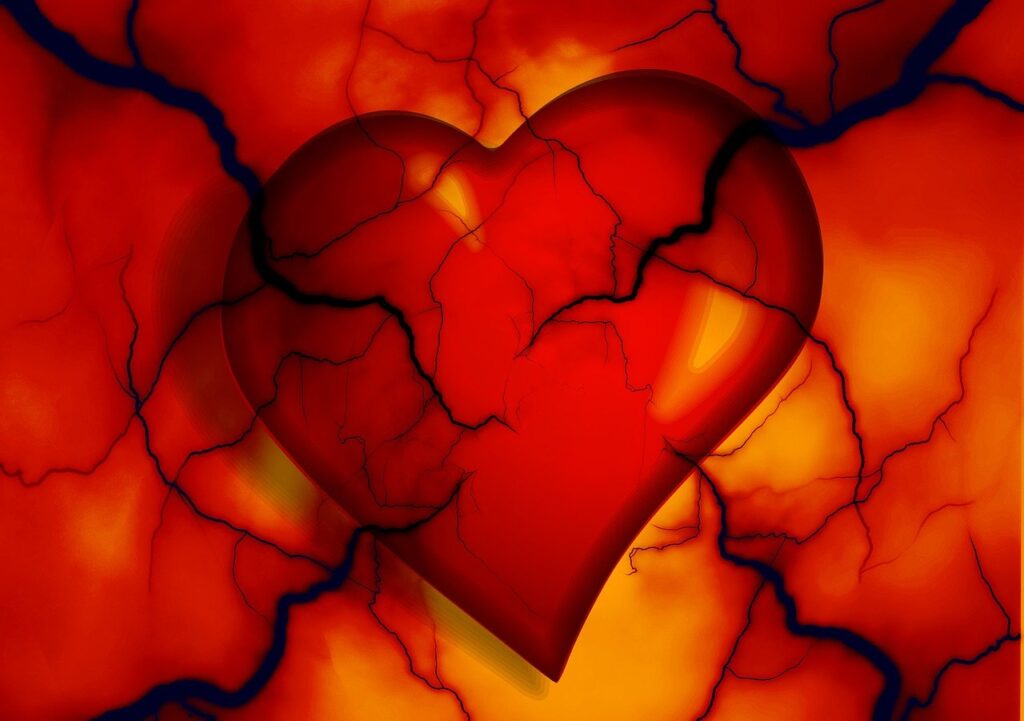
Good Friday?!
Blood splattered across the screen; I cringed at the gratuitous violence. Then I clicked the remote and turned the television off. Unfortunately, many react similarly to Christianity, calling it “a bloody religion.” And it is.
Recently, I finished reading the bloodiest book of the Bible, Leviticus. The sixty-six books of the Bible contain 357 verses that speak of blood. Sixty-six of those (almost one-fifth) are in Leviticus. What about blood makes it a central theme of both the Old and New Testaments?
We find the answer smack dab in the middle of the Pentateuch, the first five books known as the Law of Moses.
“For the life of the flesh is in the blood, and I have given it to you upon the altar to make atonement for your souls,” Leviticus 17:11a
Did the ancient patriarchs understand the biological functions of blood? It’s hard to know. Blood sacrifices began at the first incident of disobedience when God Himself slaughtered an animal to cover the shame of Adam and Eve. We see these animal sacrifices continue through Abel and Noah. Even Job, who was not a son of Abraham, offered atoning sacrifices for his children.
My friend, John Olson (PhD in biochemistry), reminds me, “Science is just discovering how God does stuff.” Scientific research provides us with an understanding of blood’s functions in the body. Within this life-giving elixir, God painted pictures of atonement’s mysteries.
Four significant blood functions and what each reveals about atonement
- Supplying oxygen to cells and tissues
“And the Lord God formed man of the dust of the ground, and breathed into his nostrils the breath of life; and man became a living being.” Genesis 2:7

God breathed into man the first breath; Adam’s blood carried that sacred air to every cell in his body. The name of God, translated in the Old Testament as Lord (Adonai), is how the Jewish scribes honored His most holy name YHWH (the breath). He created blood to carry His life into ours; He is indeed the Lord of Life. And the life is in the blood.
- Providing essential nutrients to cells, such as amino acids, fatty acids, and glucose
“So when the woman saw that the tree was good for food, that it was pleasant to the eyes, and a tree desirable to make one wise, she took of its fruit and ate. She also gave to her husband with her, and he ate.” Genesis 3:6
Adam and Eve bit off more than their blood could chew. They ate the one fruit in the garden that could not nourish them. They ingested the poison of disobedience. The forbidden fruit introduced the fatal awareness of evil to their minds and the toxin of death into their circulatory system.
- Removing waste materials, such as carbon dioxide, urea, and lactic acid
“And according to the law almost all things are purified with blood, and without shedding of blood there is no remission.” Hebrews 9:22
Tainted blood travels through veins to organs that filter out the waste. Inside our lungs, an exchange occurs; unclean carbon dioxide is replaced with clean oxygen. But these purifying organs cannot extract sin. The removal of sin’s penalty requires another exchange; the life of a clean animal poured out to amend for the debt incurred by the guilty. Atonement became a necessary reparation for wrongdoing.
- Protecting the body from diseases, infections, and foreign bodies through the action of white blood cells

“He was wounded for our transgressions, He was bruised for our iniquities; The chastisement for our peace was upon Him, And by His stripes we are healed.” Isaiah 53:5
The white blood cells that fight disease illustrate the Lamb of God. White blood cells attack disease, so Messiah slew sin and the death it brings. He is Adonai Rapha—the Lord Who Heals.
Our blood testifies God is life, forbidden fruit poisoned us, an exchange is necessary, and healing is made possible. As Michael Card puts it, “By His blood, He bought a violent grace.”

In ten days, we will commemorate the blood sacrifice of Jesus. We call it Good Friday. I’m mindful of the words Jesus spoke to a rich, young ruler, “Why do you call me good? Only God is good.” Yes, God is good. He was good to provide a ram for Abraham to sacrifice in his son Isaac’s place. What God asked Abraham to do, God, in His goodness, has done. He offered His only Son. Let’s reflect on the miracle of blood—His blood—for His life is in His blood!